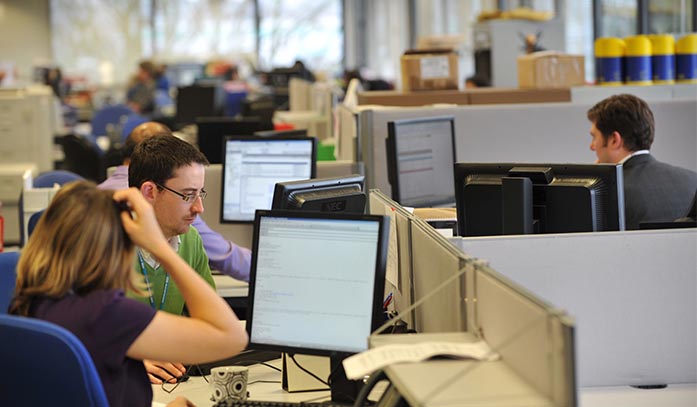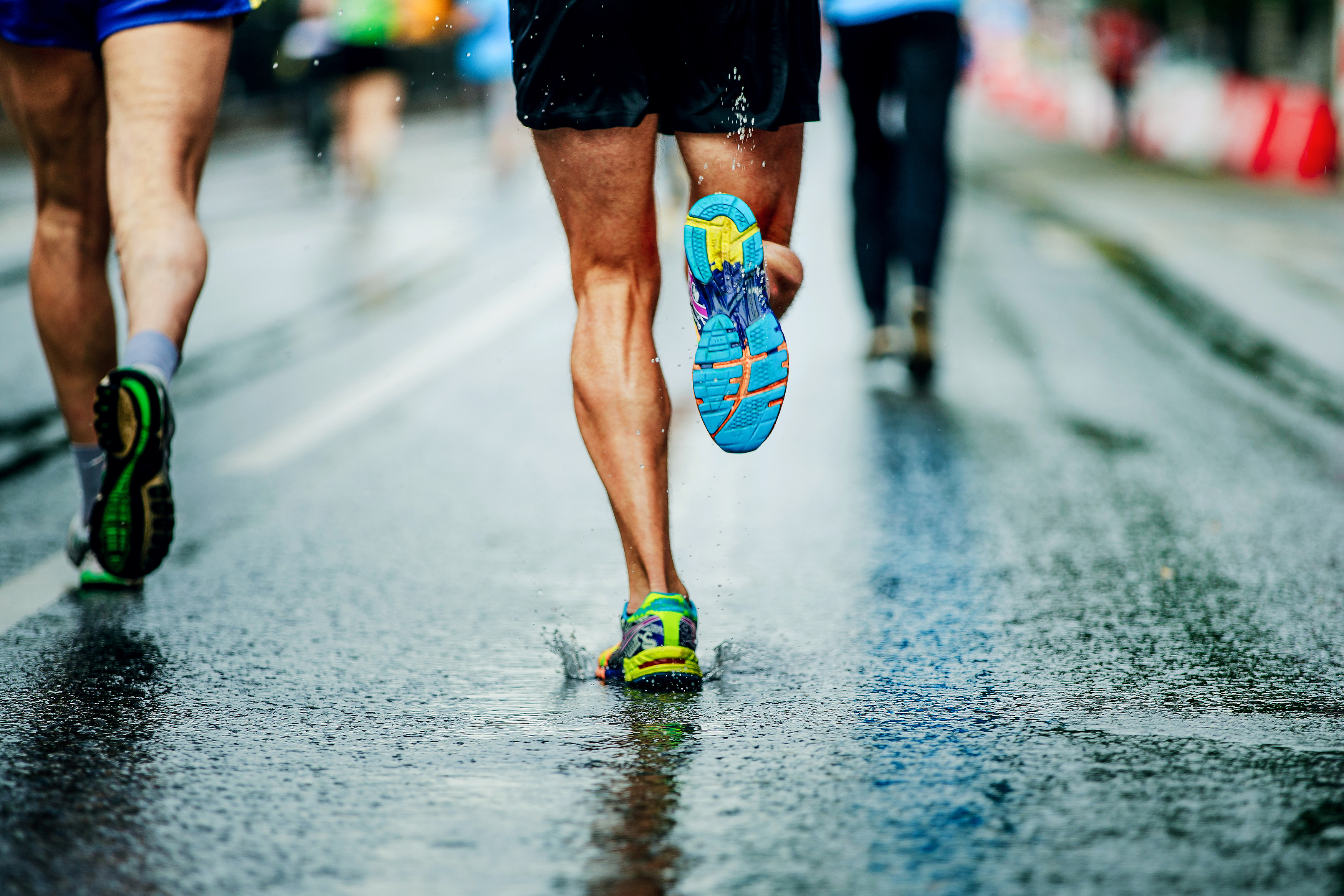Getting back to activities after a transplant
Find out when you can work, drive, go on holiday and play sports
Key points
- You can usually go back to work after 20-26 weeks
- You can normally drive after 6-8 weeks
- Most patients can travel abroad after 12 months
- You’re encouraged to do moderate exercise after 6-8 weeks
The road back to normality
Once the first few months after your operation have passed, it is likely that your lung function will be stable and you won’t need to come to the transplant clinic as often. After the first 3-6 months, the risk of transplant rejection is lower, and your medications will usually reduce.
When can you…
Go back to work


Most people are able to go back to work within 20-26 weeks after a lung transplant. But this depends on your recovery and the type of work you do. Some jobs, for example heavy manual work, might require more recovery time. Everyone is different. Please ask your transplant team for more information.
Drive again

You can normally drive again around 6-8 weeks after a lung transplant. It’s important not to start driving too soon as you could risk damaging your surgical wound.
Go on holiday


You can usually go abroad around 12 months after your lung transplant. In general, overseas trips before this are not recommended. You may be able to go on holiday in the UK sooner than this if you can plan it around your clinic appointments.
Do you need vaccines for your holiday?
Please speak to your transplant team before you travel to find out which vaccines are safe for you.
Play sports and other activities

If your recovery is going well, after 6-8 weeks, you will usually be encouraged to start moderate exercise. This could be walking, jogging, swimming or cycling. Most sports and activities are possible but you should avoid heavy contact sports (rugby, martial arts, boxing) as these risk damaging your new lung.
Have sex

Your sex life and fertility are likely to improve after a lung transplant. However, it’s recommended you wait at least 6-8 weeks before you have sex to let the surgical wounds heal. You may need to use contraception after your transplant to avoid pregnancy. Please discuss safe methods of contraception with your transplant team.
Speak to your transplant team about what you can do
They will be able to advise when it’s safe for you to go back to work, travel, drive, and do other activities.


